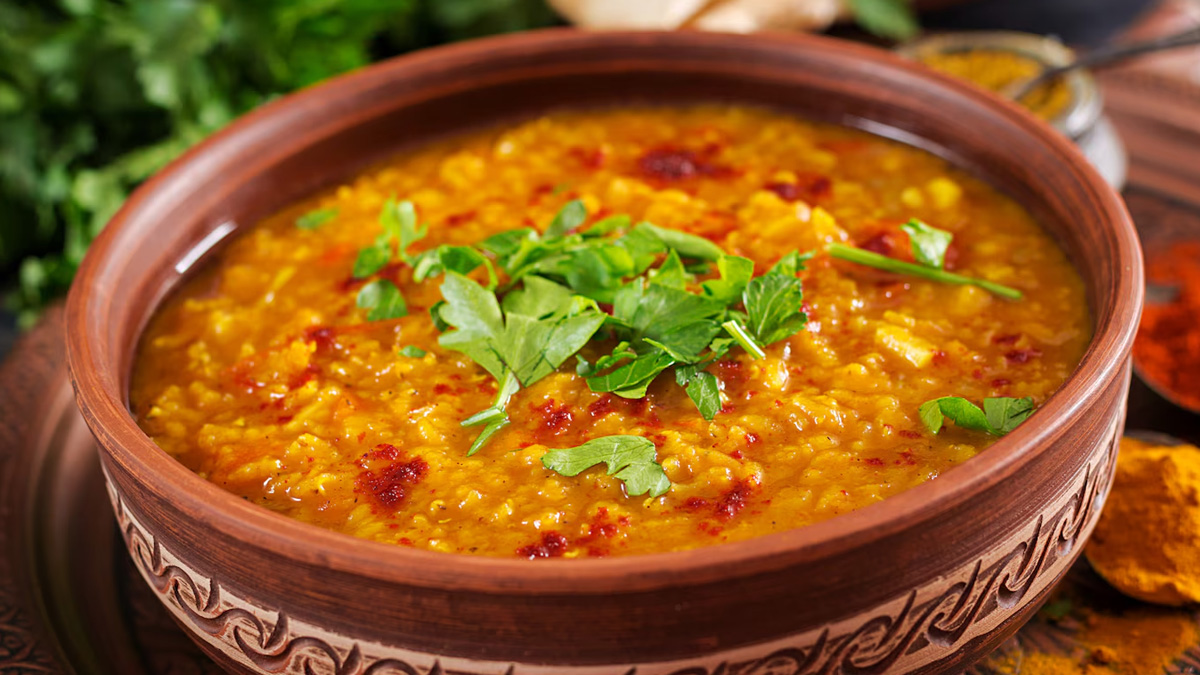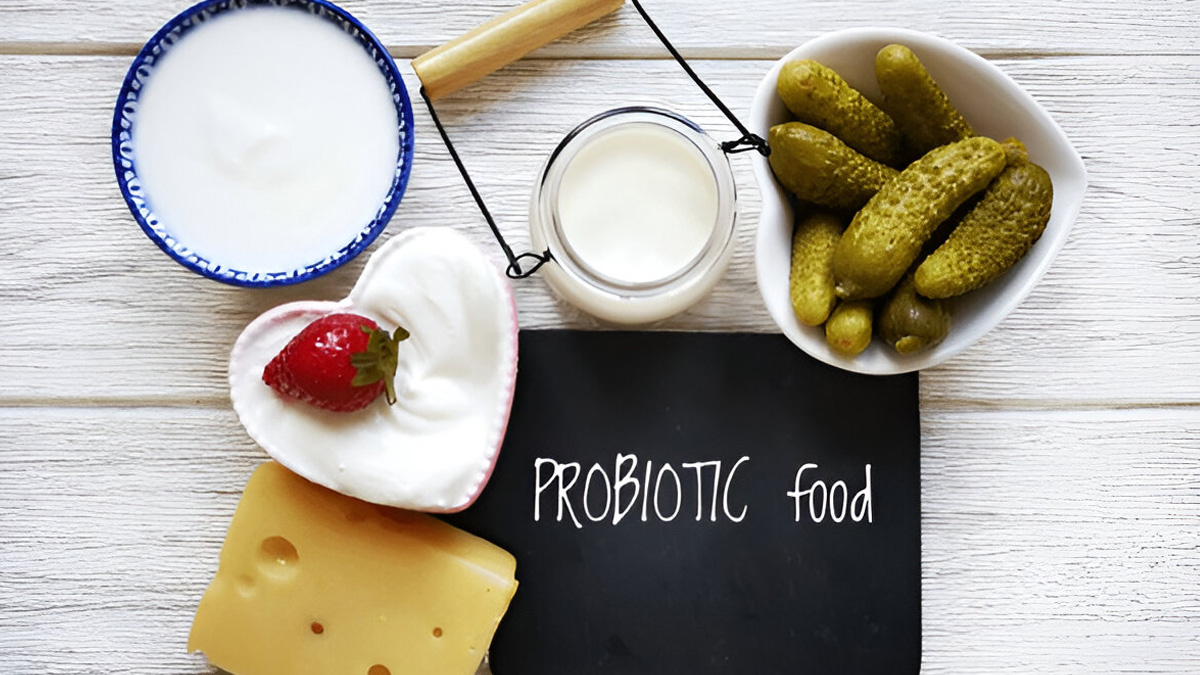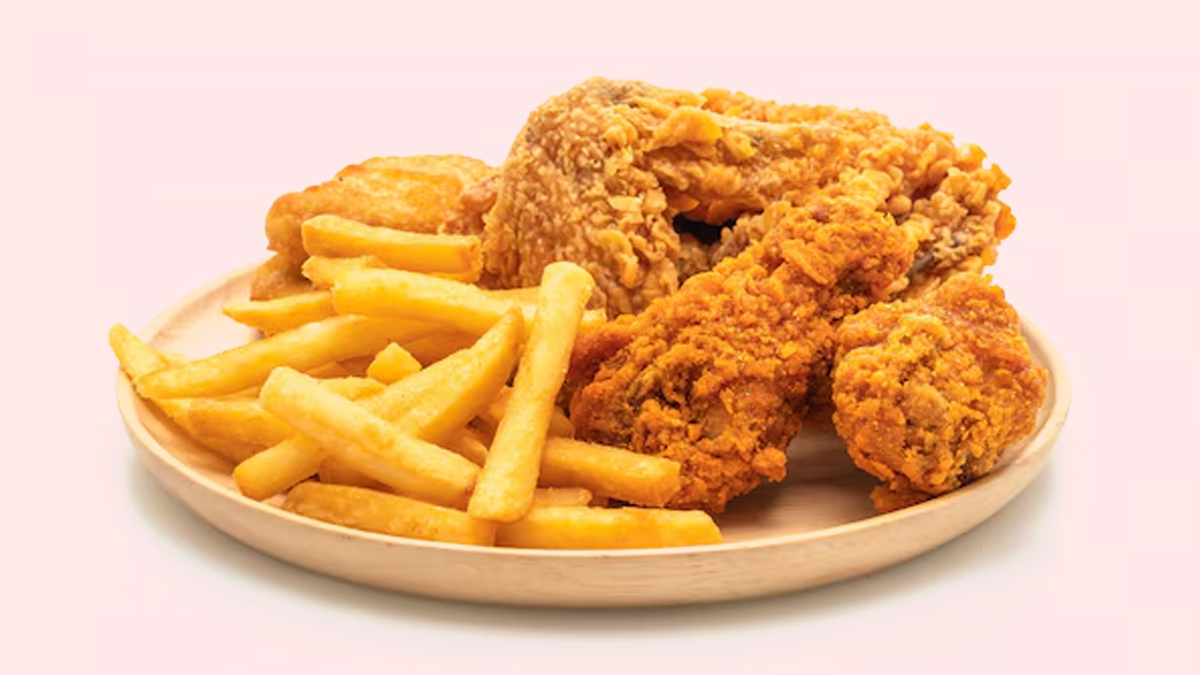
Have you ever felt like your stomach is in knots when you are anxious or overwhelmed? That's not just in your head; it’s in your gut, too. When your brain is in overdrive, your digestive system tends to hit the brakes. That’s because your body prioritises survival, not digestion, in stressful moments. So yes, when life feels heavy, your stomach slows down.
Table of Content:-
On those days, bloating, acidity, loss of appetite, or even mild constipation can kick in. And the worst part? You might not even realise it’s stress causing the issue. But food can help, not heavy, spicy meals, but gentle, gut-friendly choices that support digestion rather than stress it further. Here’s a guide to what your body needs (and doesn’t need) when stress hits your gut.
Why Stress Slows Digestion

When you're stressed, your body goes into what's referred to as a 'fight or flight' state. Blood flows more to your muscles and brain, and less to your gut. Your stomach secretes less acid, your digestive tract slows down, and food lingers longer. That's why under stress people tend to feel 'heavy' or 'bloated' even when they haven't eaten much.
And don't forget cortisol, the stress hormone. According to a 2019 study, constant stress elevates cortisol levels, which can impair digestion and damage the gut lining over time.
What to Eat on Stressful Days
1. Warm, Cooked Foods Over Raw

Raw salads might feel “clean,” but they’re harder to digest when your gut is already slow. Go for warm, lightly cooked meals. Think khichdi, steamed veggies, dal rice, or a warm bowl of oats. These are easier on the gut and soothing for the body.
2. Soups and Stews
Hydrating, moisturising, and soothing—soups are your best friend. A simple moong dal soup made at home, chicken soup, or even plain old veggie soup with turmeric powder and ginger will calm inflammation and soothe digestion.
3. Herbal Teas
Instead of coffee or sweet beverages, consume warm teas, such as chamomile, peppermint, or fennel. These herbs ease the bloating, calm cramps, and promote digestion naturally. Moreover, sipping tea is itself a soothing ritual.
4. Probiotic-Rich Foods

Curd (dahi), buttermilk (chaas), or fermented foods like kanji can help balance your gut bacteria, which often get disrupted during stressful times. Just make sure they’re homemade or unsweetened.
Also Read: Can Probiotic Overuse Harm The Gut? Know The Side Effects
5. Easy-to-Digest Carbs
Carbohydrates are not the worst thing, particularly not on stressful days. Your body requires quick energy. Select soft, well-cooked rice, sweet potatoes, bananas, or poha. These will not overload your gut and may provide comfort.
6. Small, Frequent Meals
Instead of three big meals, consume small portions frequently. It keeps your digestion going without clogging the system. Roasted makhana, a banana, or a little bowl of upma can be effective.
Foods to Avoid
1. Spicy, Fried, or Oily Foods

Your gut is already fighting; don't make it fight more. These foods put pressure on the stomach lining and can exacerbate bloating or acid reflux.
2. Caffeine and Sugar Overload
While a cup of coffee might feel comforting, caffeine can stimulate acid production and make your gut even more sensitive. Add sugar to that and your blood sugar spikes, crashes, and the stress cycle continues.
3. Raw Onions, Cruciferous Veggies, and Beans
These are healthy but gassy. On days your gut is slow, give it a break. You can bring them back once digestion feels normal.
Also Read: 6 Healthy High-Carb Foods That Boost Energy and Nutrition
Extra Tips to Support Digestion
- Chew slowly: It may seem obvious, but chewing effectively initiates digestion in the mouth.
- Breathe before meals: A few quick breaths before a meal will calm your nervous system and aid digestion.
- Walk for 5–10 minutes after meals: Gentle movement helps stimulate digestion naturally.
[Disclaimer: This article contains information for informational purposes only. Hence, we advise you to consult your professional if you are dealing with any health issue to avoid complications.]
Also watch this video
How we keep this article up to date:
We work with experts and keep a close eye on the latest in health and wellness. Whenever there is a new research or helpful information, we update our articles with accurate and useful advice.
Current Version